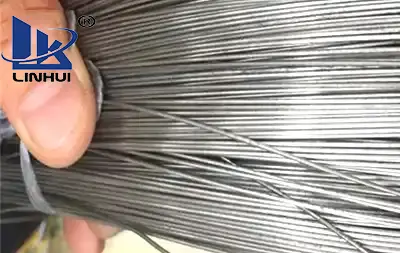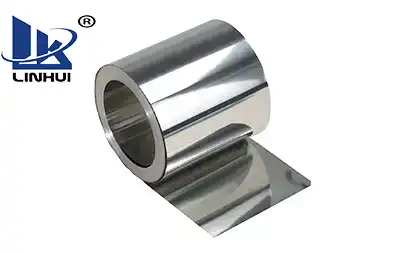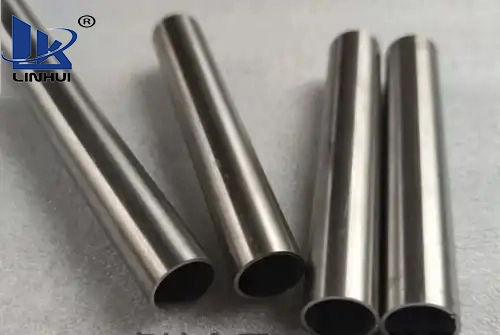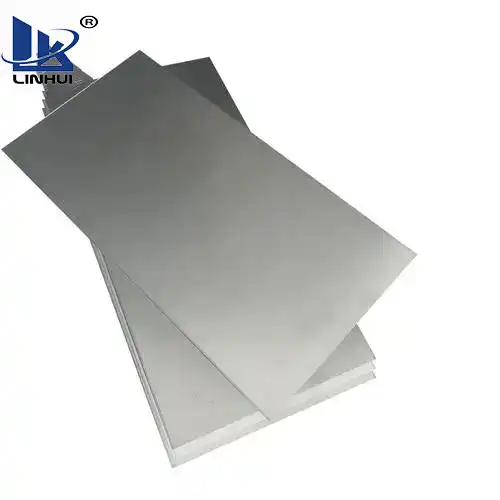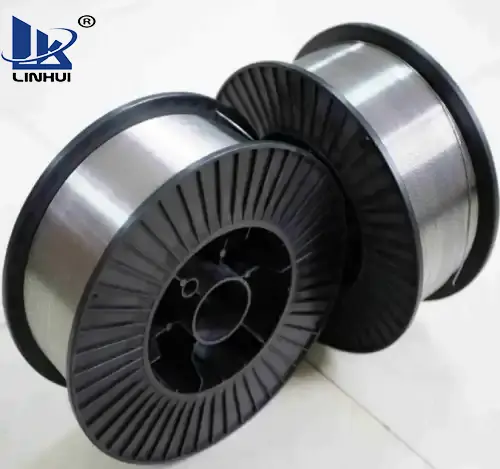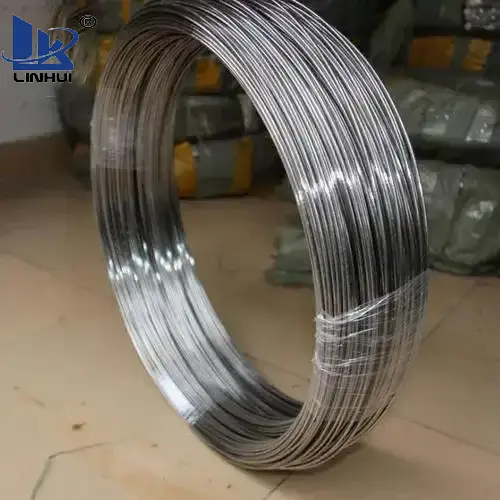Titanium, hailed for its extraordinary properties, reaches its zenith with GR12 titanium plates. These plates, a pinnacle of engineering marvel, serve an array of industries owing to their exceptional characteristics and remarkable versatility.
Introduction:
GR12 titanium plates fall under the Grade 12 titanium alloy category, featuring a meticulous blend of titanium, molybdenum, and nickel. This amalgamation results in a material renowned for its superior strength, impeccable weldability, and outstanding resistance against corrosion, especially in highly acidic environments.
Composition and Properties:
The composition of GR12 titanium plates typically consists of roughly 0.3% molybdenum and 0.8% nickel, with the remainder being predominantly pure titanium. This alloy grants it the unique ability to withstand elevated temperatures and aggressive chemical environments while steadfastly maintaining its structural integrity.
Performance and Benefits:
The performance spectrum of GR12 titanium plates encompasses several key attributes:
High Strength: These plates boast an exceptional strength-to-weight ratio, making them an ideal choice for applications where strength is paramount without compromising on weight considerations.
Corrosion Resistance: The alloy's corrosion resistance properties make it exceptionally suitable for usage in chemical processing, marine environments, and aerospace applications where exposure to corrosive elements is inevitable.
Weldability: GR12 titanium plates exhibit remarkable weldability, facilitating versatile manufacturing and fabrication processes without compromising on material integrity.
Heat Resistance: Even at elevated temperatures, these plates retain their mechanical properties, making them a preferred choice for high-temperature applications.
Applications:
The versatility of GR12 titanium plates finds expression across various industries, encompassing:
Exceptional Corrosion Resistance: Titanium Grade 12 demonstrates exceptional corrosion, especially in aggressive environments containing chlorides, acids, and alkalis. This property makes it highly sought after in industries such as chemical processing, where equipment is regularly exposed to corrosive substances. Its ability to withstand such harsh conditions without succumbing to corrosion ensures a prolonged equipment lifespan and reduces maintenance costs significantly. Moreover, in marine applications, where saltwater corrosion poses a significant challenge, Titanium Grade 12's resistance proves invaluable in ensuring the durability and longevity of marine structures and components.
High Strength-to-Weight Ratio: Titanium Grade 12 offers an outstanding strength-to-weight ratio, making it an excellent choice for applications where strength is essential while keeping the weight of the component or structure at a minimum. In aerospace, for instance, this attribute allows for the creation of lightweight yet robust components for aircraft frames and structural parts. The combination of strength and reduced weight not only enhances fuel efficiency in aerospace applications but also contributes to better performance and durability in various other industries where weight considerations are critical, such as automotive and sports equipment manufacturing.
Aerospace: Structural components, aircraft frames, and engine parts benefit significantly from the combination of lightweight properties and robustness offered by GR12 titanium plates.
Chemical Processing: Equipment subjected to harsh chemicals, including reaction vessels and storage tanks, rely on these plates for their unparalleled corrosion resistance and durability.
Marine Industry: Their resistance to saltwater corrosion makes GR12 titanium plates invaluable in shipbuilding and the construction of offshore structures.
Medical Devices: Biocompatibility, along with exceptional corrosion resistance, positions these plates as essential components in medical implants and the manufacturing of surgical instruments.
In Summary:
GR12 titanium plates epitomize material engineering excellence, blending strength, corrosion resistance, and versatility seamlessly. Their capability to thrive in challenging environments while upholding structural integrity renders them indispensable across diverse industries, from aerospace innovations to crucial medical applications.
In conclusion, GR12 titanium plates stand tall as a testament to the incredible capabilities of materials science, continually pushing the boundaries of what's achievable in modern engineering.
Made in China, quality trust, choose Linhui, is to choose quality choose reputation, our factory production is related to high-quality products. E-mail: linhui@lksteelpipe.com
Titanium Grade 12 is an alloy that consists of titanium, molybdenum, and nickel. It is known for its excellent corrosion resistance and high strength.
What is the composition of Titanium Grade 12?
Titanium Grade 12 primarily comprises titanium, with approximately 0.3% molybdenum and 0.8% nickel. The combination of these elements contributes to its unique properties.
What are the key properties of Titanium Grade 12?
Titanium Grade 12 exhibits exceptional strength, notable weldability, and outstanding corrosion resistance, especially in harsh and acidic environments. Its ability to withstand elevated temperatures while maintaining structural integrity is another significant property.
What applications benefit from Titanium Grade 12?
Titanium Grade 12 finds applications across various industries. It is commonly used in aerospace for structural components, aircraft frames, and engine parts due to its strength-to-weight ratio. Additionally, it's employed in chemical processing for equipment exposed to corrosive substances, marine applications due to its resistance to saltwater corrosion, and in medical devices owing to its biocompatibility and corrosion resistance.
How does Titanium Grade 12 differ from other titanium grades?
Titanium Grade 12 distinguishes itself from other titanium grades primarily through its molybdenum and nickel content. These additional elements enhance its corrosion resistance and high-temperature capabilities, making it more suitable for specific applications where resistance to harsh environments is crucial compared to other titanium alloys.






